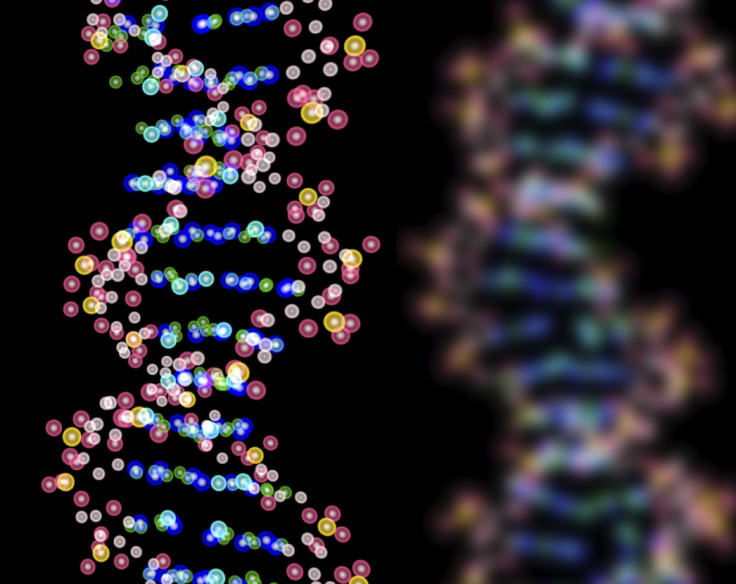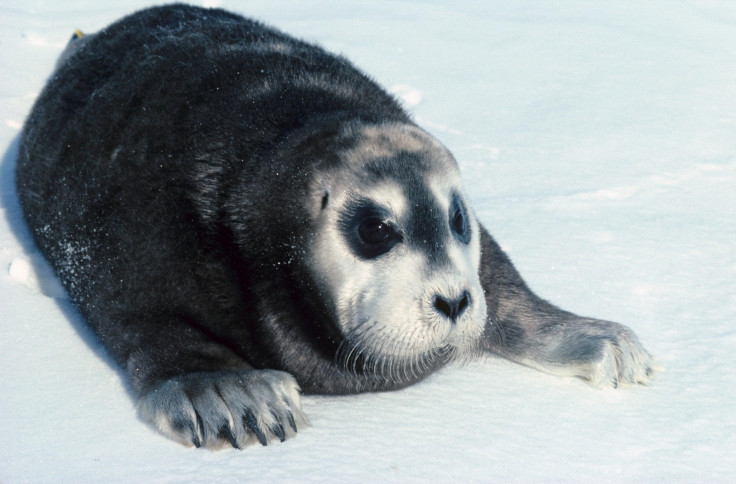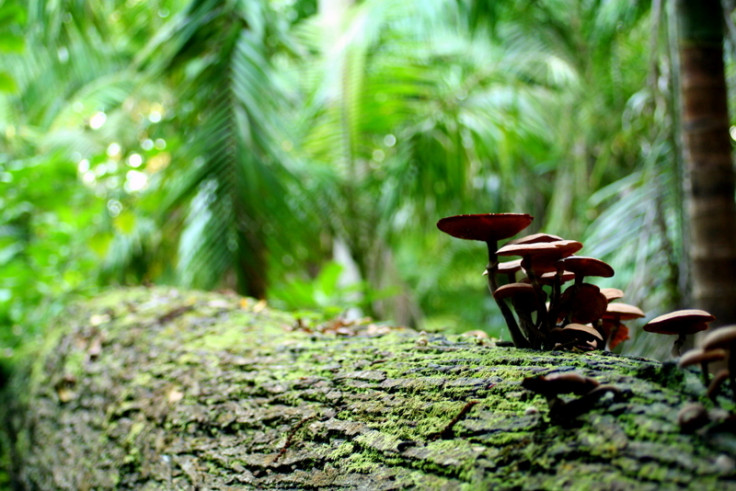Everything in nature is changing – from genes to ecosystems – due to a warming climate
A catalogue of ways climate change has already affected nature will directly hit society.
Climate change is already being felt from our genes to entire ecosystems, and the effects are damaging, a new study finds.
Of 94 different ecological processes studied, 80 per cent were already altered due to climate change, according to the study published in the journal Science.
Many of these changes will affect humans, the authors say. Changes already on the rise are increased pest and disease outbreaks, unpredictable changes in fisheries and decreasing crop yields.
No ecosystem left untouched
The study measured changes from the individual gene level through to whole ecosystem alterations to compile a catalogue of ways that nature is already changing.
Even with 1°C of warming globally compared with pre-industrial levels, major impacts are already being felt, says study lead author Brett Scheffers, a conservation ecologist at the University of Florida's Institute of Food and Agricultural Sciences.
"Genes are changing, species' physiology and physical features such as body size are changing, species are shifting their ranges and we see clear signs of entire ecosystems under stress – all in response to changes in climate on land and in the ocean," Scheffers says.

Decades ahead of ourselves
These levels of change hadn't been expected for decades, says study co-author James Watson of the Wildlife Conservation Society in the US and the University of Queensland in Australia. "The impacts of climate change are being felt with no ecosystem on Earth being spared."
Watson calls this level of change "quite astonishing" given how soon we are in to the warming process. "It is no longer sensible to consider this a concern for the future. Policy makers and politicians must accept that if we don't curb greenhouse gas emissions, an environmental catastrophe is likely," Watson says.
"It's quite startling to see it all in one place like that," says Bryce Beukers-Stewart, a marine ecologist at the University of York. "It is notable because it's going right from the level of effects on genes and genotypes right up to human society. So it's across the full spectrum."

Focusing on the processes affected by climate change is a valuable approach, says Beukers-Stewart, rather than limiting research questions to individual effects on species or genes. "It's good to look at how climate change might affect biological processes, food webs and the delivery of ecosystem services," he says.
Hope for the future
Understanding the different ways that nature is already responding to climate change, from the genetic to the ecosystem levels, can help us tackle the problem, Scheffers says. "For example, by understanding the adaptive capacity in nature, we can apply these same principles to our crops, livestock and aquacultural species."
But continuing with carbon emissions as usual – or even sticking to the most ambitious aim laid out in the Paris agreement of limiting warming to 1.5°C – will not be enough to prevent the serious impacts of climate change being felt, says study co-author Wendy Foden, chair of the International Union for the Conservation of Nature's Species Survival Commission's Climate Change Specialist Group. "We're showing that there are already broad and serious impacts from climate change right across biological systems," she says.
"Policymakers and politicians must accept that, if we don't curb greenhouse gas emissions, an environmental catastrophe is likely," says Watson.

© Copyright IBTimes 2025. All rights reserved.






















